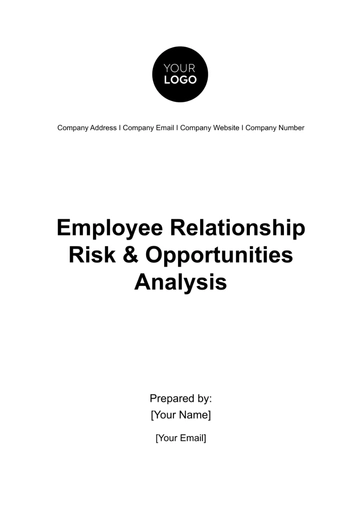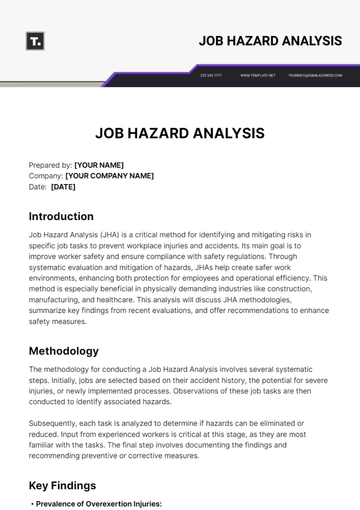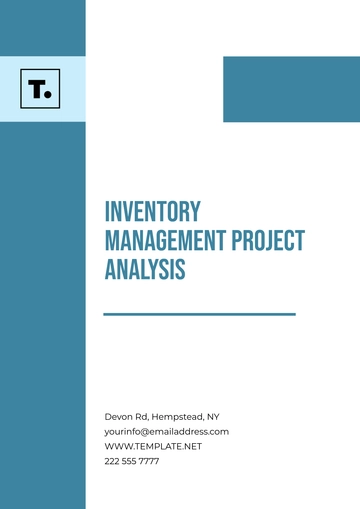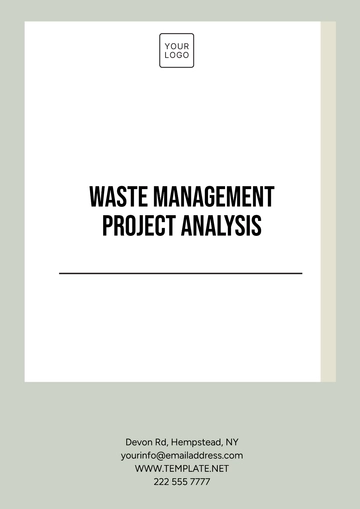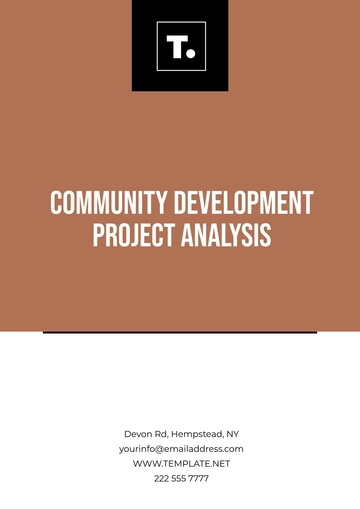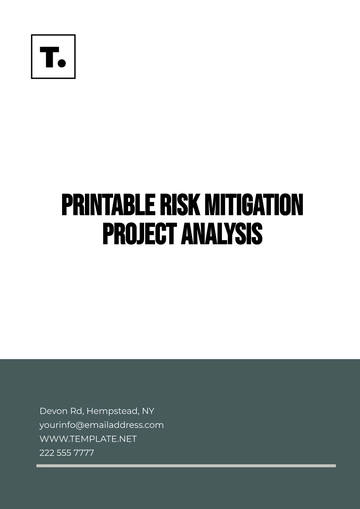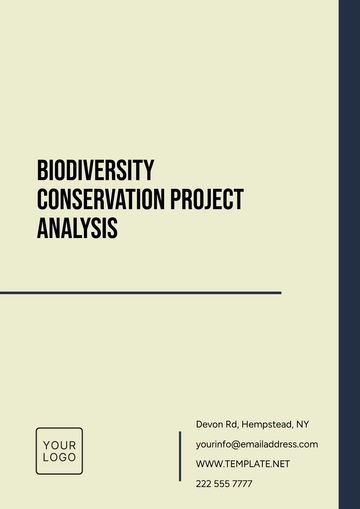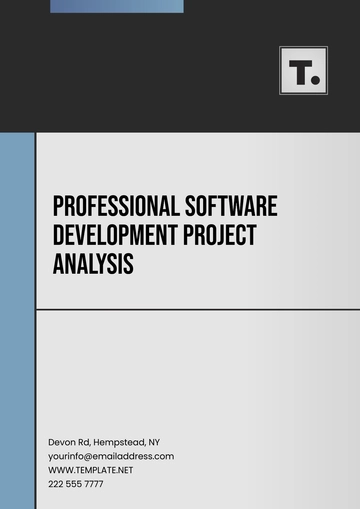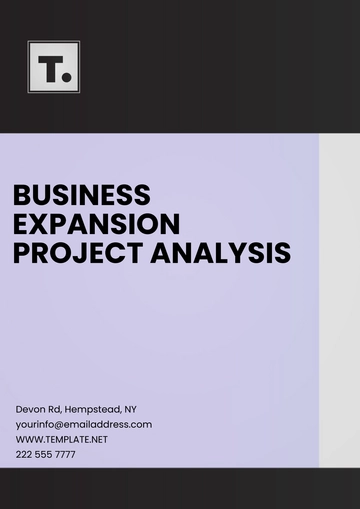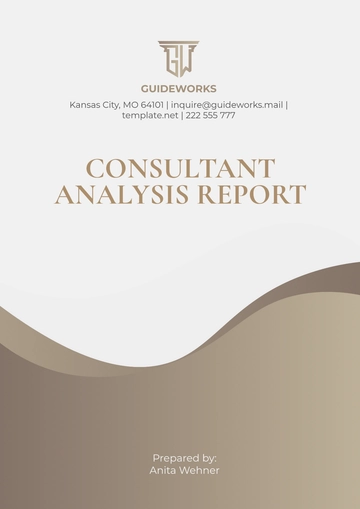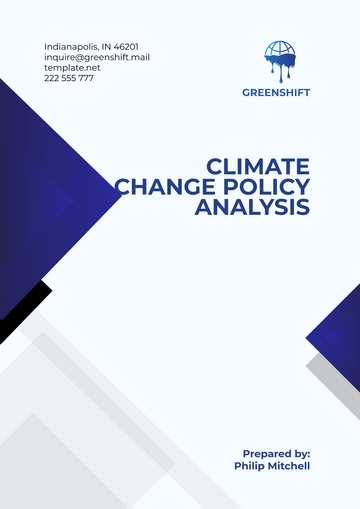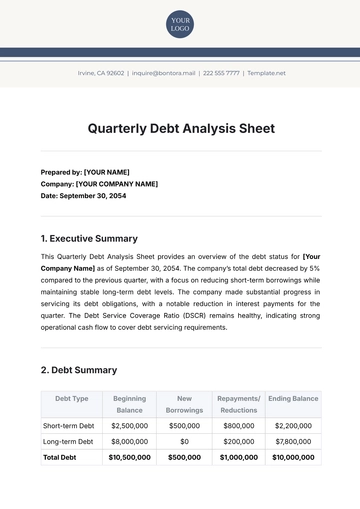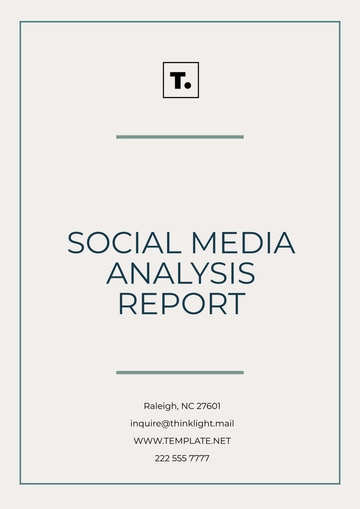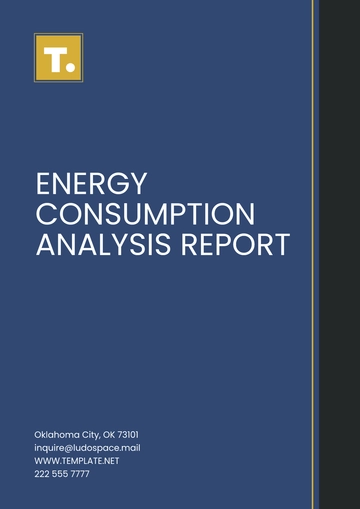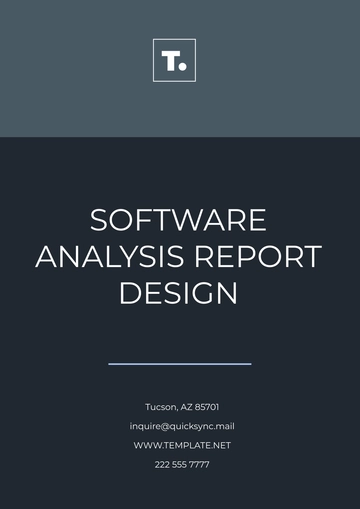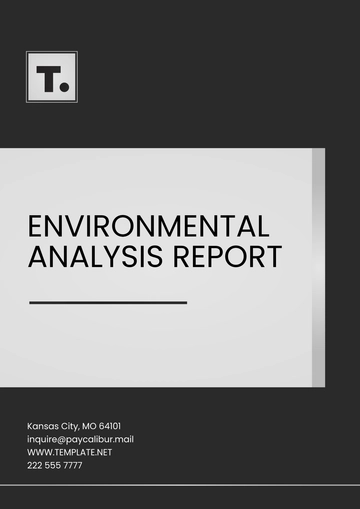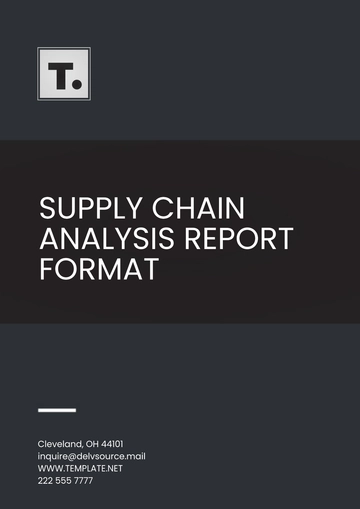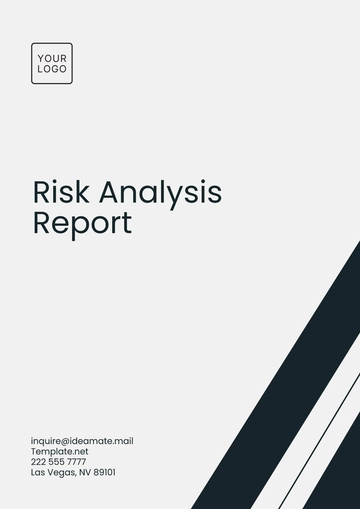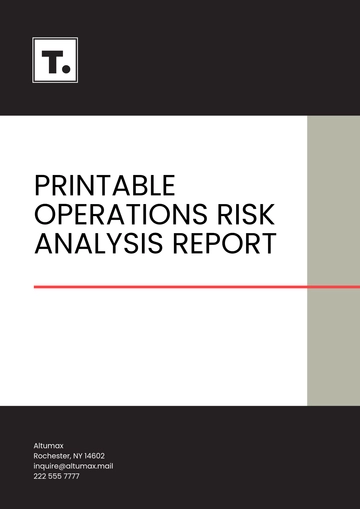Free PESTLE Analysis

A PESTLE analysis examines the external environment and factors influencing an organization. The PESTLE framework is divided into six key components: Political, Economic, Social, Technological, Legal, and Environmental. Below is a comprehensive analysis for [YOUR COMPANY NAME].
Political Factors
The political landscape in 2060 is projected to experience significant global shifts. Key factors influencing the business environment include:
Government Stability: Stable governments in [YOUR COMPANY NAME]'s key markets will likely create a favorable business environment. However, emerging political tensions in certain regions could pose risks, including trade restrictions or policy changes.
Regulatory Policies: Increased regulation surrounding data protection and digital privacy, driven by international and local governments, may affect [YOUR COMPANY NAME]'s operations, especially if it deals with customer data.
Trade Agreements: Global trade agreements between the U.S. and major economic powers, such as China and the European Union, will influence supply chains and pricing strategies. Changes in tariffs or trade wars could impact the cost of doing business.
Economic Factors
In 2060, economic conditions will likely fluctuate due to technological advancement, inflation, and shifts in market demand. The key factors that could impact [YOUR COMPANY NAME] include:
Global Economic Growth: Economic recovery from previous recessions is expected to stabilize, but emerging markets, such as Southeast Asia and Africa, may offer new opportunities for expansion.
Inflation and Interest Rates: High inflation and fluctuating interest rates could affect consumer purchasing power and influence investment decisions. Businesses may need to adjust pricing strategies accordingly.
Currency Exchange Rates: Exchange rate volatility in global markets could impact profitability, particularly for businesses dealing in multiple currencies.
Social Factors
Social trends in 2060 will shape consumer behaviors and expectations. [YOUR COMPANY NAME] will need to monitor the following aspects:
Demographic Changes: Aging populations in Western countries and a growing middle class in developing nations will alter the demand for products and services.
Consumer Behavior: There is an increasing trend towards sustainable and ethical consumption. Consumers in 2060 will prioritize businesses that demonstrate social responsibility, inclusivity, and transparency.
Workforce Dynamics: Remote work is expected to be the norm, requiring businesses to adopt flexible workplace policies. Additionally, shifts in education and skills training will affect workforce availability and competencies.
Technological Factors
Rapid technological advancements will continue to transform industries by 2060. [YOUR COMPANY NAME] must stay ahead of these trends:
Artificial Intelligence (AI) and Automation: AI-driven automation could streamline operations and reduce costs, but it may also disrupt traditional jobs. Integrating AI into business processes will be essential for maintaining competitiveness.
Digital Transformation: Digital ecosystems will become more interconnected, and businesses must invest in the latest technologies to improve efficiency, customer experiences, and data management.
Cybersecurity: As reliance on digital platforms grows, cyber threats will increase. Companies will need to prioritize robust cybersecurity measures to protect sensitive data and maintain consumer trust.
Legal Factors
The legal environment in 2060 will likely be more complex due to evolving regulations. [YOUR COMPANY NAME] should consider:
Data Protection Laws: Stricter regulations on data privacy, especially after the introduction of global digital privacy standards, will require compliance and possibly higher costs for implementation.
Intellectual Property (IP) Rights: As innovation accelerates, businesses must safeguard intellectual property more effectively. Stronger IP laws could present opportunities for market protection but also increase the cost of patenting and enforcement.
Employment Laws: Laws concerning remote work, employee rights, and automation will evolve, requiring businesses to adapt their employment practices to remain compliant.
Environmental Factors
By 2060, environmental considerations will play a critical role in shaping business strategies. [YOUR COMPANY NAME] will need to consider the following:
Climate Change: Rising temperatures, natural disasters, and resource scarcity will require businesses to adopt sustainable practices. Green energy initiatives and eco-friendly products will become essential for survival and brand reputation.
Regulatory Compliance: Governments will impose stricter regulations to mitigate environmental damage. Carbon emission limits, waste management, and renewable energy use will need to be integrated into corporate strategies.
Consumer Expectations: Sustainability will be a key factor for consumer decisions. Companies that fail to demonstrate their environmental responsibility may lose market share.
Conclusion
By conducting this PESTLE analysis, [YOUR COMPANY NAME] can better anticipate the external factors that will influence its business operations in 2060. To remain competitive, the company must continue to adapt to political, economic, social, technological, legal, and environmental changes in the global market.
- 100% Customizable, free editor
- Access 1 Million+ Templates, photo’s & graphics
- Download or share as a template
- Click and replace photos, graphics, text, backgrounds
- Resize, crop, AI write & more
- Access advanced editor
Conduct a thorough external environment analysis with Template.net’s PESTLE Analysis Template, designed to assess the Political, Economic, Social, Technological, Legal, and Environmental factors affecting your business. This customizable template is fully editable in our intuitive Ai Editor Tool, allowing you to tailor each section to your specific industry or market.
